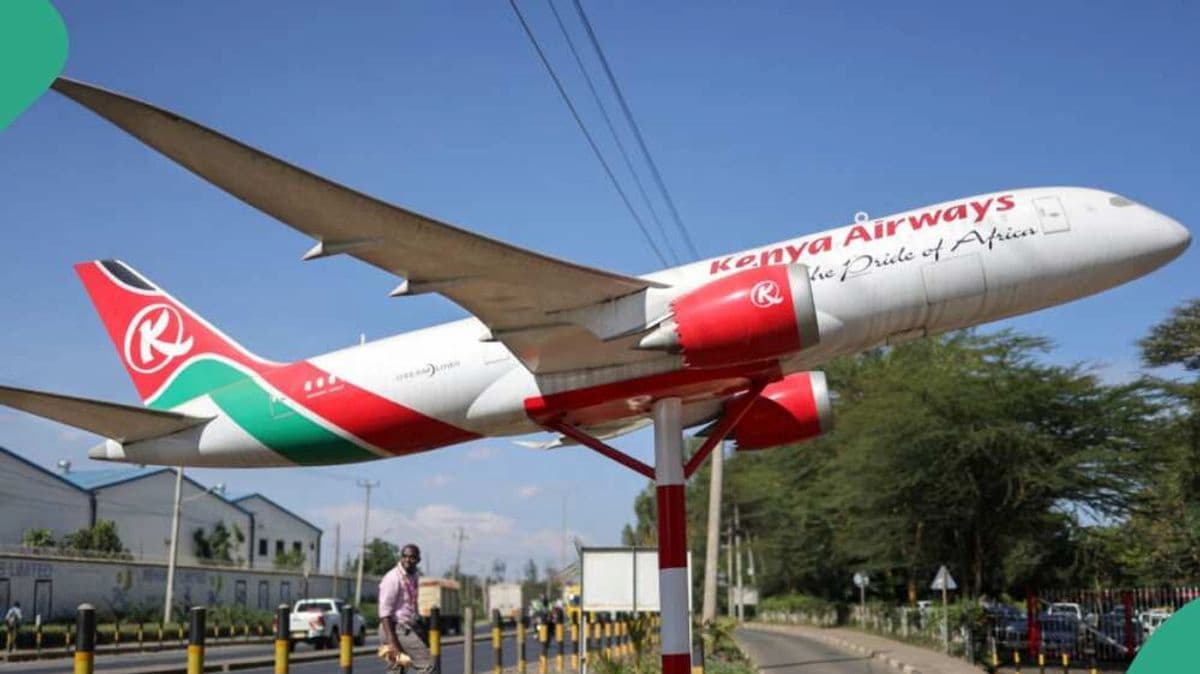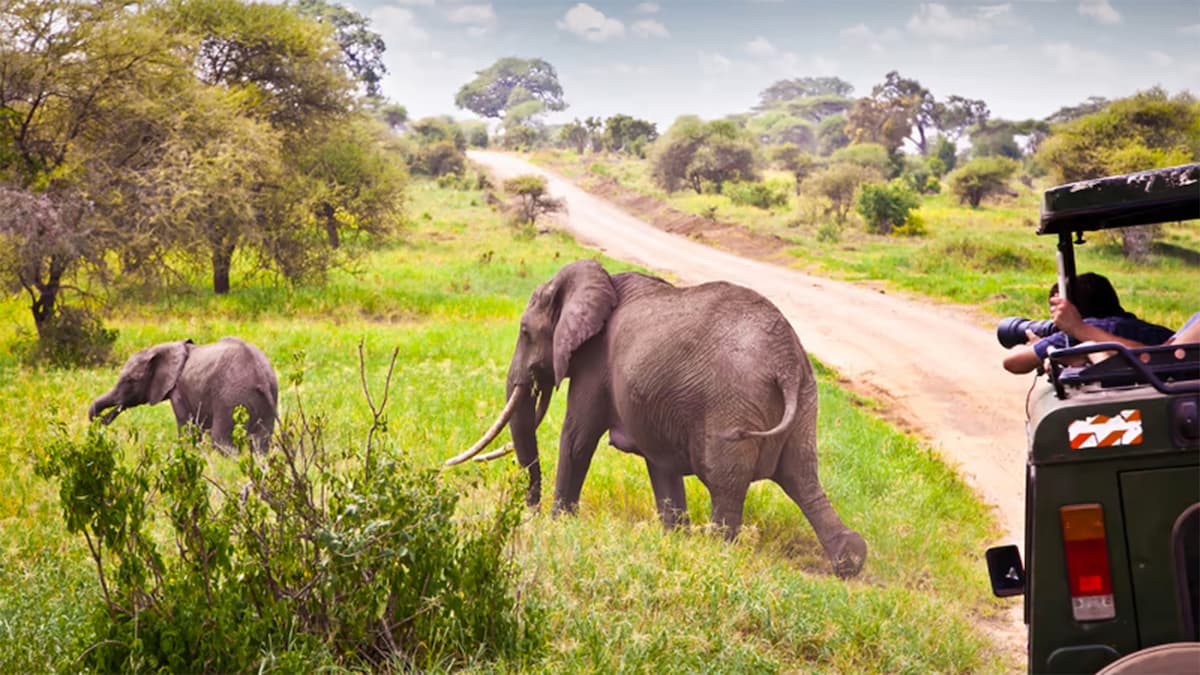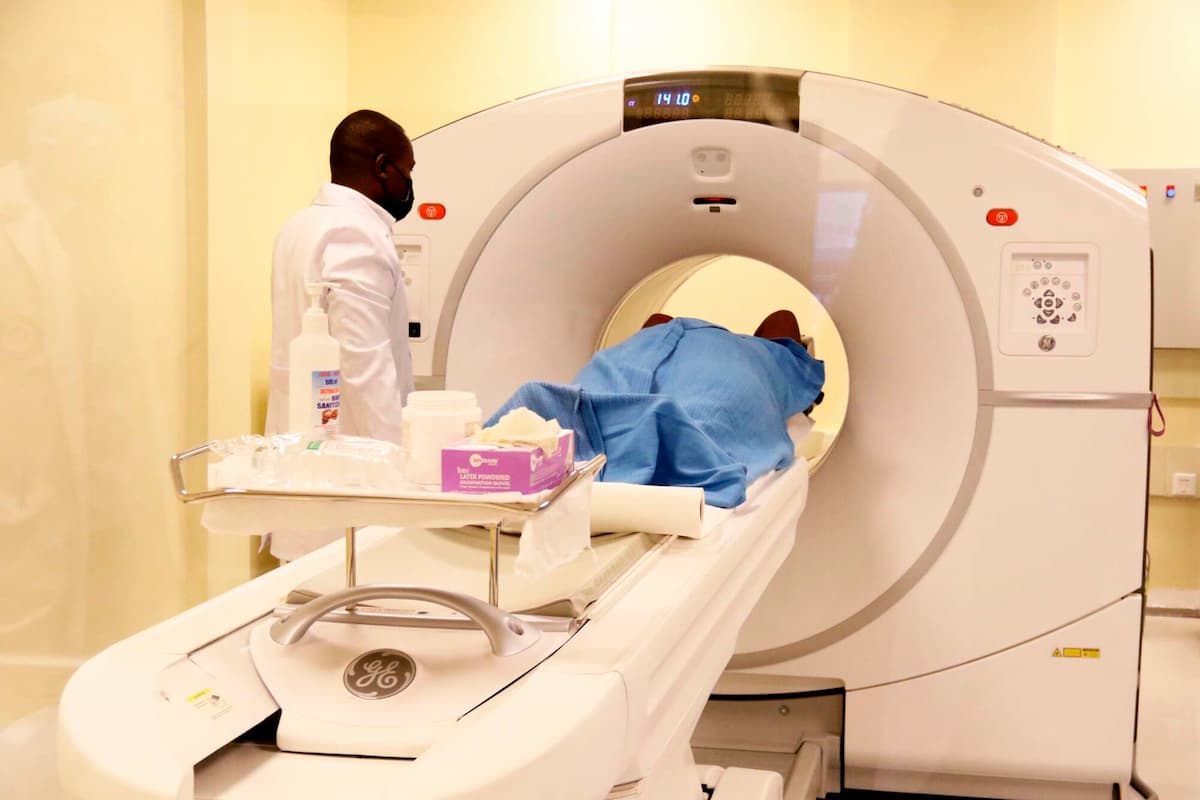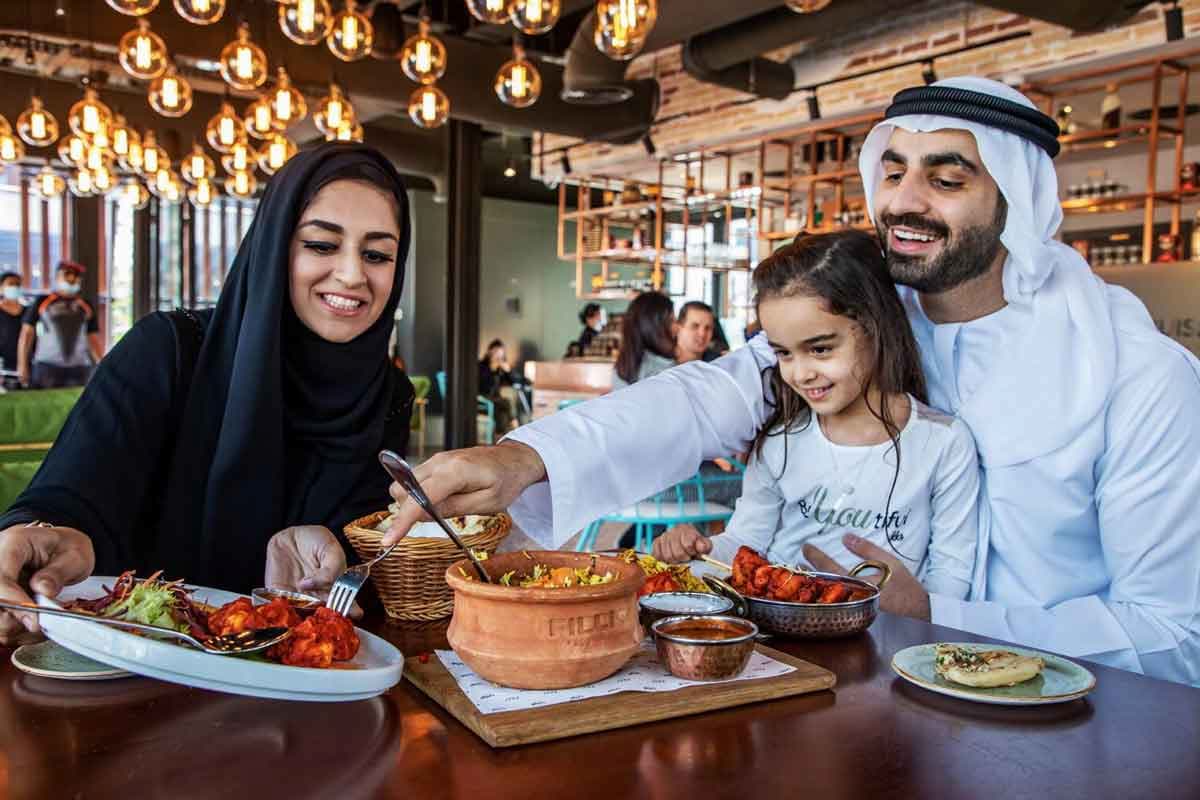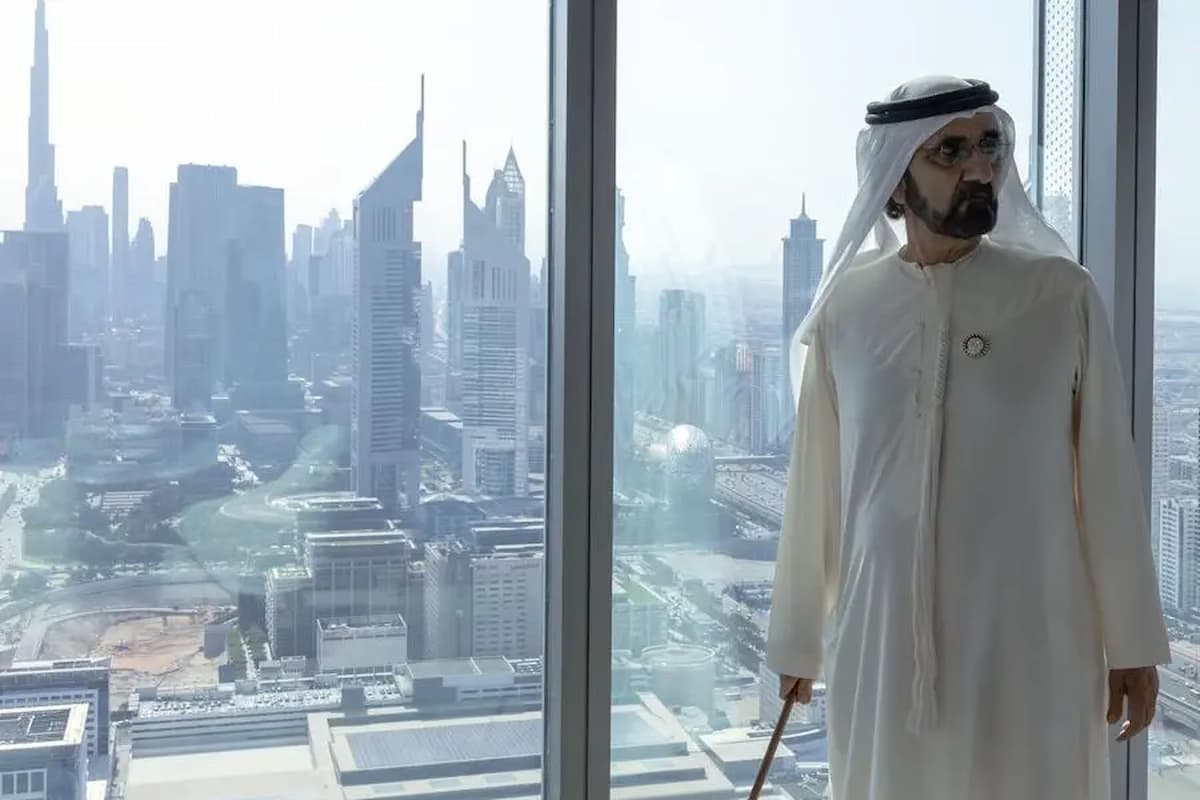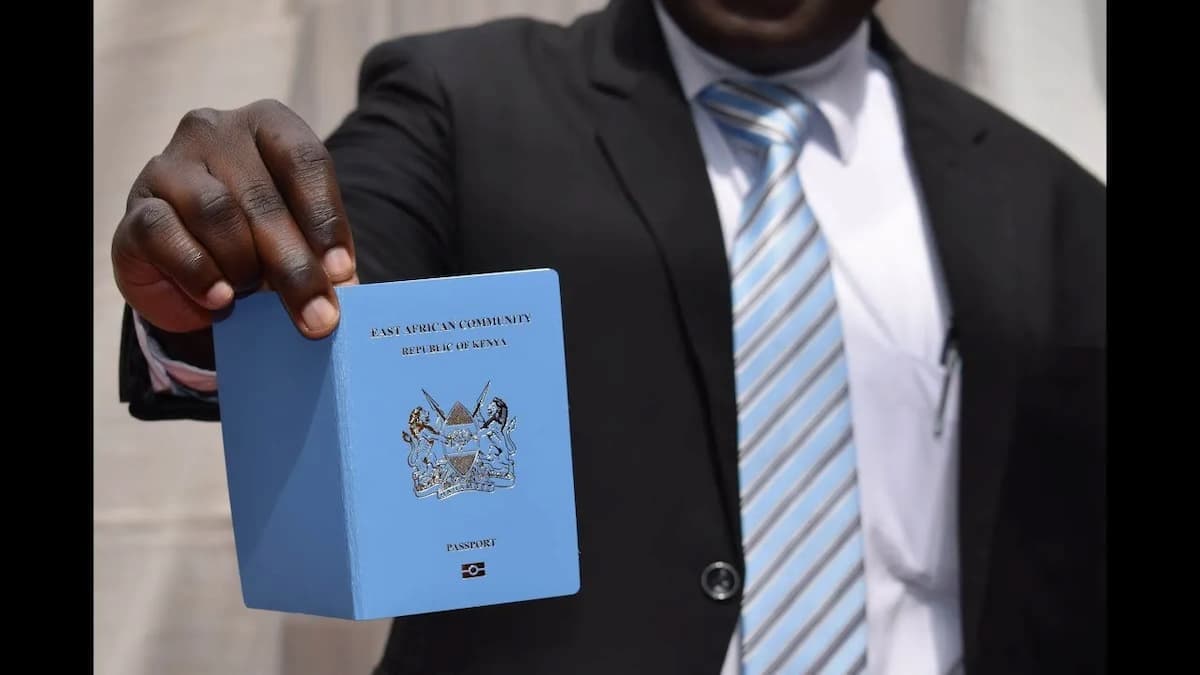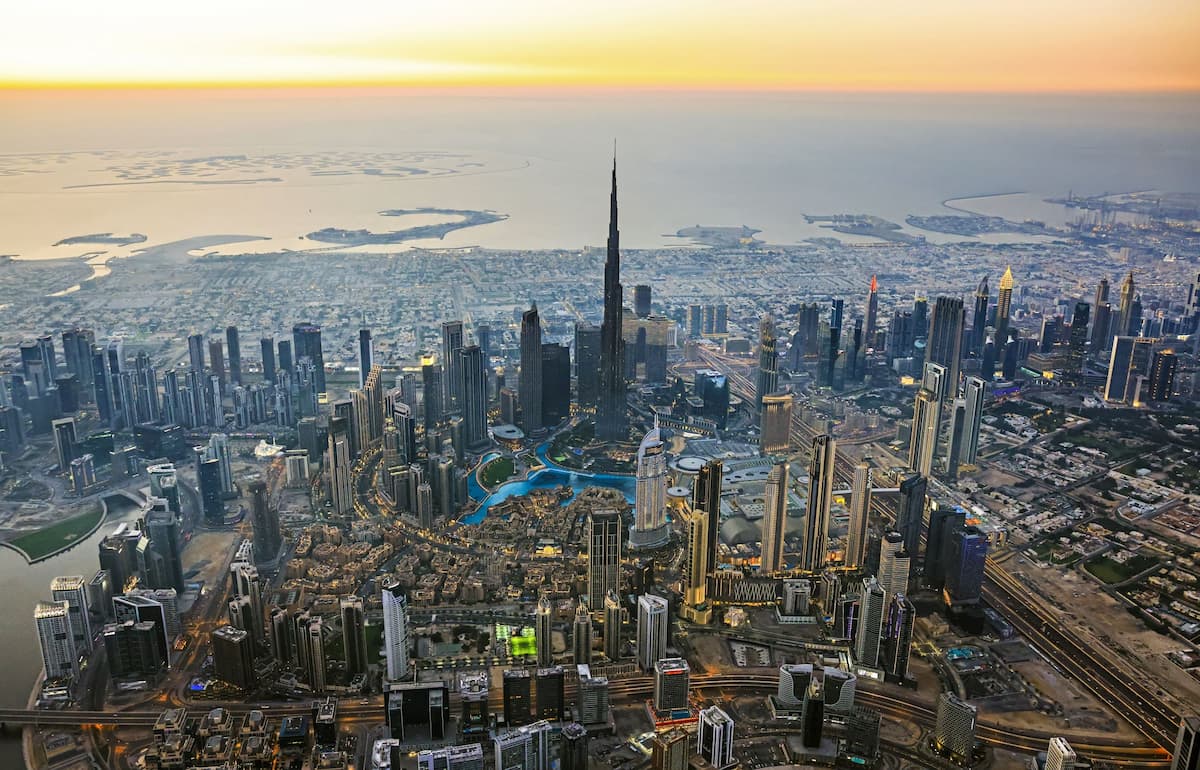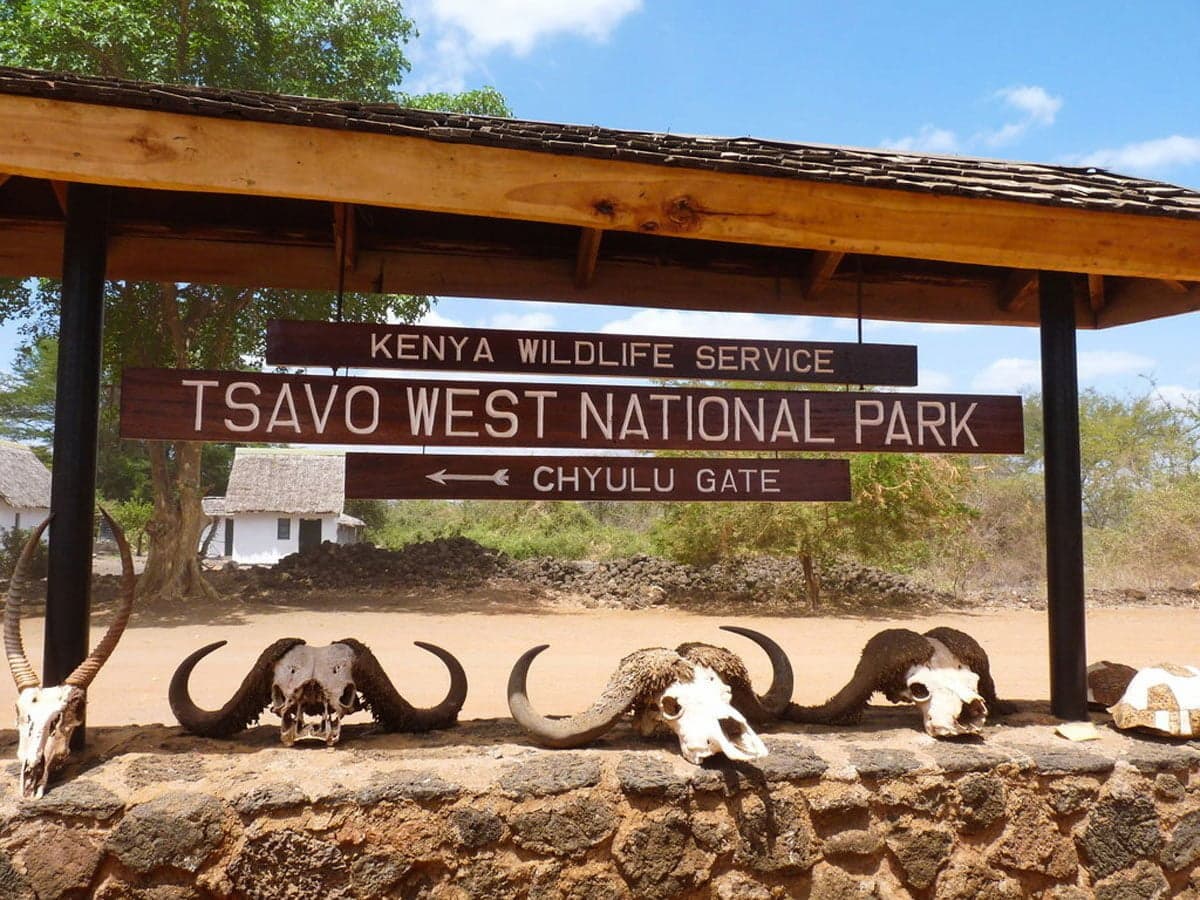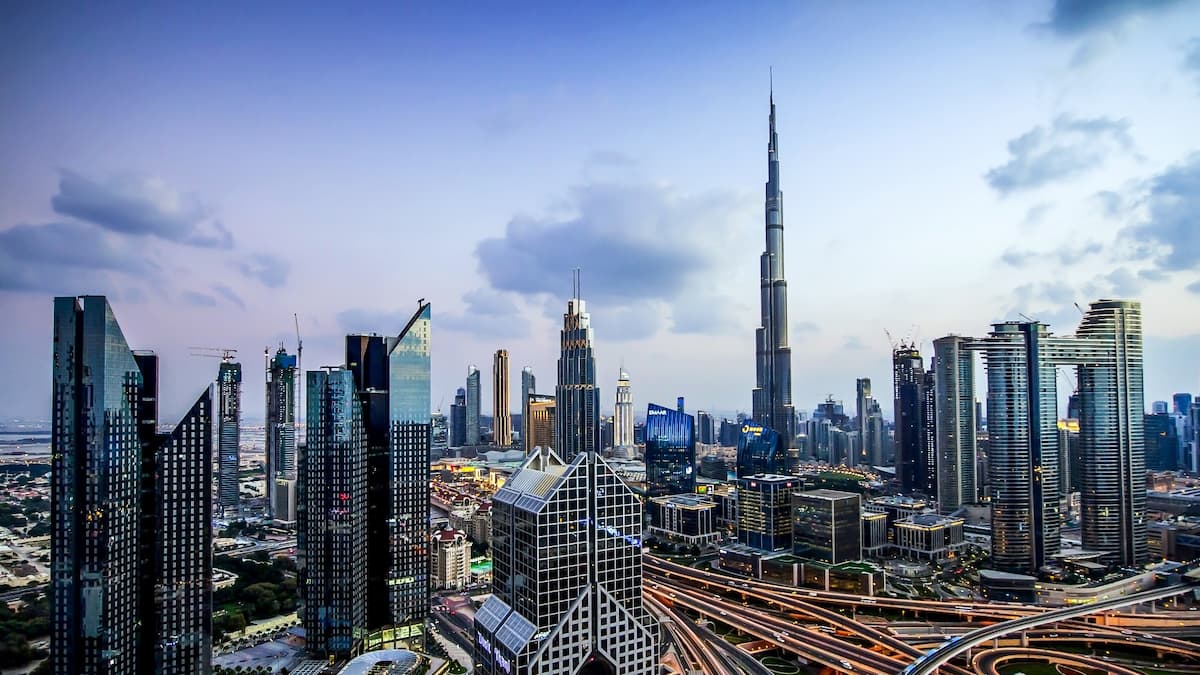Dubai, United Arab Emirates: Dubai Calendar, the official listing platform for events in the city, is providing Dubai residents and tourists with a plethora of things to do to kickstart 2024, across live music, entertainment, community, and sports.
Key events in January include the ever-popular Quoz Arts Festival, the annual Dubai Desert Classic, Michael McIntyre’s comedy performance and a much-anticipated return to the Emirates from superstar, Ed Sheeran.
Here are Dubai Calendar’s top picks of upcoming and ongoing events this January:
COMMUNITY AND CULTURE
Dubai Shopping Festival will continue until 14 January, providing retail lovers with an array of deals, fun and surprises across malls and shopping destinations in Dubai.
The much-loved Quoz Arts Fest will make its return delighting creative enthusiasts at Alserkal Avenue from 27-28 January marking its 11th edition. Packed with curated workshops, exhibitions, and live musical performances – Quoz Arts Fest has all ages covered with an array of activities targeted at children, as well as four-legged friends with the event billed as dog-friendly.
Celebrate the world of literature at the annual Emirates Airline Festival of Literature, the region’s largest celebration of the written and spoken word. Set to take place from 31 January to 6 February at the Intercontinental Dubai Festival City, book lovers of all ages can connect with their favourite authors, partake in literary debates, and join engaging workshops.
SPORTS FOR ALL
Dubai Marathon 2024, one of the region’s biggest annual athletic events, will take place on 7 January offering a run with a view as participants pass landmarks including Madinat Jumeirah and Burj Al Arab. With two options depending on skill level between 42km, 10km or a family-friendly 4km, participants are encouraged to sign up in advance for the landmark event.
Golf fans unite as the legendary World No. 2, Rory Mcllory, is set to showcase his skills on the greens at Dubai Creek Resort from 11-14 January for Dubai Invitational. With more than 60 professionals playing with 60 amateur golfers to win incredible prizes, spectators should keep their eyes peeled for other top players, business leaders and celebrities.
The Sevens Stadium is gearing up to host the HSBC Sevens Challenger Series from 12-14 January, welcoming rugby players from across the globe to compete to win a spot in the coveted HSBC SVNS Series.
Rory Mcllroy will make his second Dubai based golfing appearance for 2024 at the Hero Dubai Desert Classic, where he makes his bid to become the first four-time winner of the event. A packed line up with World Top 20 players including Tommy Fleetwood and Tyrell Hatton among other stars, the series will run alongside a host of family-friendly activities as well as an array of food trucks at the prestigious Majlis Course in Emirates Golf Club.
The 21 January is ideal for those looking to tick off a bucket list style run with the Burj2Burj which marks its inaugural edition and welcomes runners to race the 21.1km from Burj Al Arab to Burj Khalifa.
The inaugural Dubai Challenge Cup 2024 will see Wuhan Three Towns, Al-Ahli Saudi, Zamalek, and Raja Club Athletic compete in ‘The Challenge of Champions’ event at Al Maktoum Stadium from 26-28 January. The hotly anticipated football event will see stars including Roberto Firmino, Allan Saint-Maximin, Ahmed Abou El Fotouhm Shikabala and play in the tournament.
Hankook 24H, the grueling endurance race and the second largest 24-hour race grid in the world, will see petrolheads gather at Dubai Autodrome from 27-28 January. With a packed bill of international drivers, the event will see premium brands including Porsche, Ferrari and Mercedes-Benz compete to take the coveted chequered flag.
ENTERTAINMENT AND EVENTS ACROSS THE CITY
Tunes DXB celebrates local and regional talent at key destinations across Dubai including Al Khawaneej Walk, Al Seef, Box Park, Bluewaters, Dubai Festival City Mall, Last Exit Al Khawaneej and DxBike, located next to Mohammed Bin Rashid Al Maktoum City and more from 5-14 January. Inclusive of rock, pop and Bollywood – Tunes DXB has events for all music tastes.
Cinephiles can rejoice at the Al Marmoom: Film in the Desert Festival held by Dubai Culture for its third edition from 12-21 January at Al Marmoom Conservation Reserve. The 10-day film event will provide a platform for works from regional and local directors, as well as an array of family-friendly activities.
Kids hoping to catch a glimpse of their favourite PAW Patrol characters can head to Festival Bay at Dubai Festival City Mall for PAW Patrol Fest from 12-28 January for a show inspired by the popular series.
Enjoy a captivating performance from Arabic hitmaker, Majed Al Mohandis who will be performing at Coca-Cola Arena on 12 January with his setlist set to include crowd favourites such as Ana Wayyak, Ensaa and Eateni Waqtan.
Following a sold-out tour across the world, Michael McIntyre, the brilliant British comic is set to have audiences roaring at Coca Cola Arena on 13 January. Expected to sell out, fans are encouraged to purchase tickets early to avoid disappointment.
K-pop music continues to take over the world with their latest event in Dubai set to bring music lovers together for the night at Coca-Cola Arena for KPOP OVERDOSE. Electrifying performances can be expected from a trio of superstars – Chanyeol, Xiumin and Chen on 14 January.
Ed Sheeran, the English singer, songwriter is gearing up to make his return to Dubai for two nights at The Sevens Stadium as part of his ‘+ – = ÷ x’ Mathematics Tour. With the second night of his show sold out already, fans can still purchase tickets for his performance on 19 January.
Take a nostalgic trip back to the 90s with Saudi Arabian icon, Khalid Abdelrahman on 19 January for an electrifying night of Arabic classics including Ahat, Sarihini and Tedhkar at the Coca-Cola Arena.
Italian composer Ludovico Einaudi is set to blow audiences away with performances at Dubai Opera from 19-21 January. With the legendary pianist selling out of the venue four times, fans are encouraged to purchase tickets early to avoid disappointment.
Billed as the one of the world’s most beloved children’s stories, Le Petit Prince will ensue at Dubai Opera from 25-28 January. Based around a pilot who meets a young boy from another planet, the performance is packed with music and dance in stunning staging.
Marvel Universe is a phenomenon that has popularity across the entire globe – fans are set to come together for a one-of-a-kind show at Coca-Cola Arena from 25 January – 4 February. Expect favourite characters including Iron Man, Black Panther, Spider Man and more who will transport guests to another dimension with an immersive video projection, and special effects.
Head to Bla Bla Dubai to enjoy live performances from pop rock group, OneRepublic, on 25 January as part of their Artificial Paradise world tour. Fans can expect top songs including Counting Stars, Apologise and I Lived as part of the set.
Enjoy the cooler climes in January and head to Expo City for Break The Block, a union of incredible musicians including a DJ set by Nightmares on Wax, Shadi Megallaa and more on 26 January.
Dubai Calendar allows residents and tourists to discover upcoming events and purchase tickets quickly and securely through Dubai Calendar’s website and the mobile application’s purchasing platform. For more information about all events taking place across Dubai, please visit: www.visitdubai.com/en/whats-on/dubai-events-calendar.
About Dubai Department of Economy and Tourism (DET)
With the ultimate vision of making Dubai the world’s leading commercial centre, investment hub and tourism destination, Dubai Department of Economy and Tourism (DET) is mandated to support the Government in positioning the emirate as a major hub for global economy and tourism, and in boosting the city’s economic and tourism competitiveness indicators, in line with the goals of the Dubai Economic Agenda, D33, which aims to double the size of the emirate’s economy and consolidate its position among the top three global cities over the next decade.
Under this remit, DET is driving efforts to further enhance Dubai’s diversified, innovative service-based economy to attract top global talent, deliver a world-class business environment and accelerate productivity growth. Additionally, DET is supporting Dubai’s vision to become the world’s best city to live and work in by promoting its diverse destination proposition, unique lifestyle and outstanding quality of life, overall.
DET is the principal authority for planning, supervising, developing and marketing Dubai’s business and tourism sectors. It is also responsible for licensing and classifying all types of businesses, including hotels, tour operators and travel agents. The DET portfolio includes Dubai Economic Development Corporation (DEDC), Dubai Business Licence Corporation (DBLC), Dubai Corporation for Consumer Protection and Fair Trade (DCCPFT), Dubai SME, Dubai Corporation for Tourism and Commerce Marketing (DCTCM), Dubai Festivals and Retail Establishment (DFRE) and Dubai College of Tourism (DCT).
Source: Zawya.

